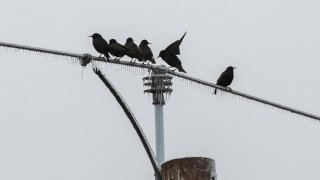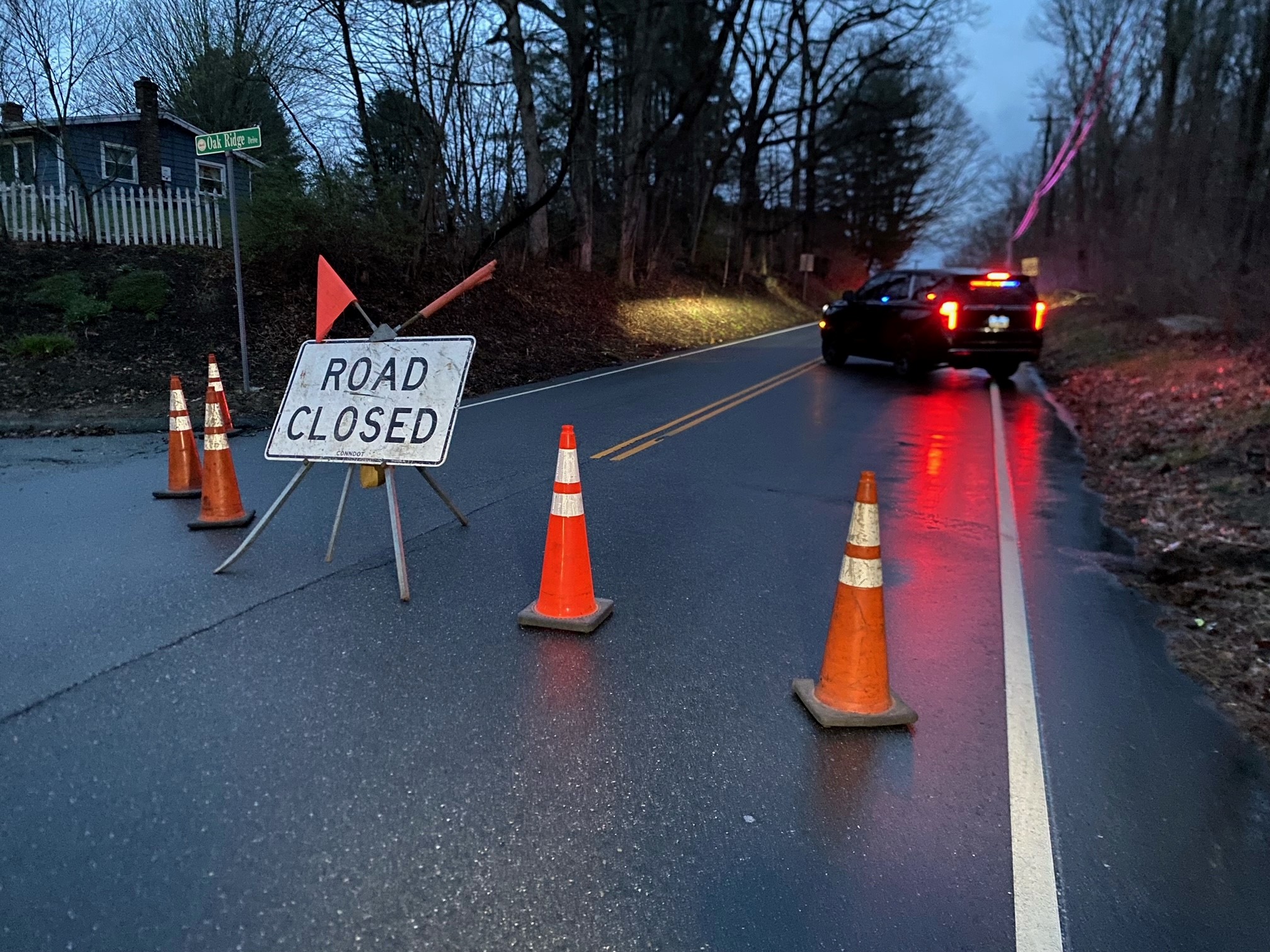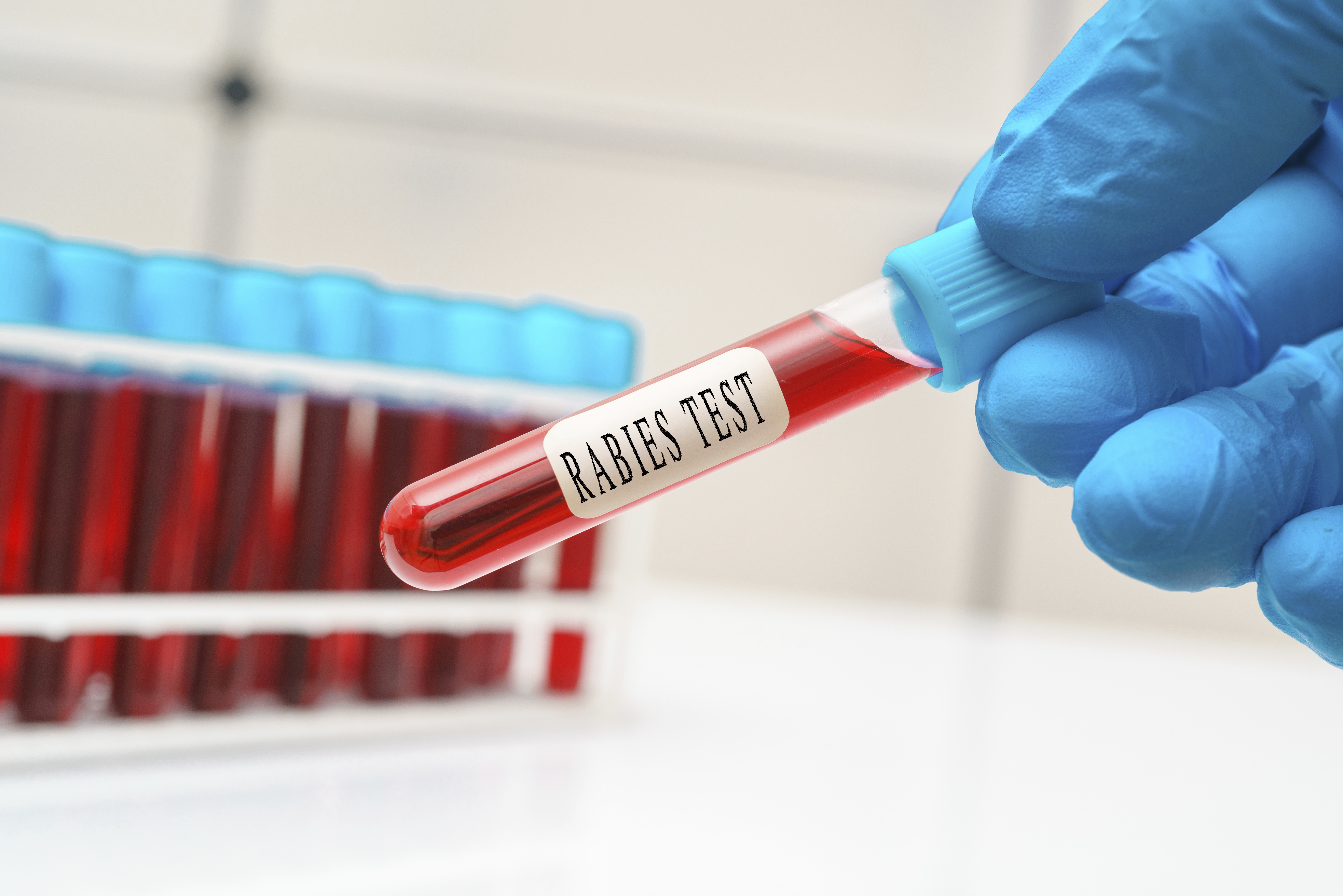
A dangerous strain of bird flu, highly pathogenic avian influenza, has been found in a backyard flock in New London County, according to the Connecticut Department of Agriculture.
This comes after highly pathogenic avian influenza, or HPAI, was found in wild ducks -- mallards -- in Connecticut and the state Department of Energy and Environmental Protection issued a warning for people who have chickens or other game birds to report anything out of the ordinary.
State officials said no human cases of this particular strain of avian influenza virus have been detected in the United States and that, according to the U.S. Centers for Disease Control and Prevention, recent detections of this strain of influenza in birds in Connecticut and several other states present a low risk to the public.
They said proper handling and cooking of poultry and eggs to an internal temperature of 165 degrees kills bacteria and viruses.
Get Connecticut local news, weather forecasts and entertainment stories to your inbox. Sign up for NBC Connecticut newsletters.
Connecticut State Veterinarian Dr. Jane Lewis said in a news release that samples were sent to the Connecticut Veterinary Medical Diagnostic Lab for testing and were confirmed by the USDA National Veterinary Services Laboratories in Ames, Iowa.
State officials said birds from the flock will not enter the food system and, according to USDA guidance, a surveillance zone has been set up around the property to monitor area flocks.
Anyone involved in poultry production is urged to increase measures to prevent their flocks from becoming infected and they are urged to review biosecurity plans and take precautions to protect their birds.
Guidance
- Discourage unnecessary visitors and use biosecurity signs to warn people not to enter buildings without permission.
- Ask all visitors if they have had any contact with any birds in the past five days.
- Forbid entry to employees and visitors who own any kind of fowl.
- Require all visitors to cover and disinfect all footwear.
- Lock all entrances to chicken houses after hours.
- Avoid non-essential vehicular traffic on-farm.
After hauling birds to processors, clean and disinfect poultry transport coops and vehicles before they return to the farm.
Local
Poultry owners are also urged to keep their birds away from wild ducks and geese and their droppings and outdoor access for poultry should be limited at this time.
Signs of Avian Influenza
- Depression
- Decreased feed and water consumption
- Decreased egg production
- Soft or misshapen eggs
- Respiratory signs, such as coughing, sneezing
REPORTING DEAD WILD BIRDS
You can check online here to see where wild birds with the disease have been found.
Report anything unusual, especially sick or dead birds, to CT DoAg at 860-713-2505 or ctstate.vet@ct.gov.
Sign up for our Breaking newsletter to get the most urgent news stories in your inbox.



